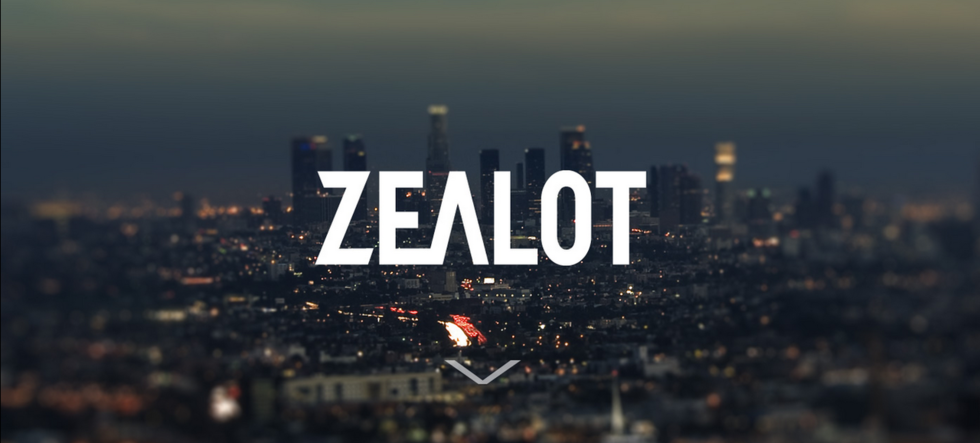
BY ZACHARY WIGON |
Racking Focus: Zealot Networks and Producers as Distributors
Will content producers on the web have an easier time of becoming distributors than filmmakers have had?

We've heard over and over again that it's incredibly important for filmmakers to learn how to distribute their content in theaters themselves; with the indie film market being a buyer's market and distributors holding all the power, a filmmaker can't afford to simply rely on the possibility that their film will sell - if you invest years in a project and need to distribute it, you may have to learn how to go that route yourself, rather than accept failure if no distributors display interest. Yet self-distribution in film is extremely difficult, and requires - in addition a significant amount of money - a certain network of contacts who can help with marketing, prints, advertising, and so on.
So I was thinking about that conundrum when I read on Deadline recently that UK broadcaster ITV has made a significant investment in Zealot Networks, the new project by Danny Zappin, who formerly served as the CEO of Maker Studios, the most powerful production company in the internet space with a number of the most popular YouTube channels to its credit. The reason the article caught my eye was a particular remark made by an ITV exec, to the effect that part of what attracted ITV to Zealot was its continuing plan to distribute its own content across its own networks, in addition to the big internet distributors (YouTube, Vine, etc.). The point is an interesting one: self-distribution for producers is a lot easier on the internet than it is in film. Could this be a key toward a tipping point for indie filmmakers moving toward working on the net?
Think about it: as content migrates toward the web, big distributors like YouTube and Vine will become more powerful, able to dictate the terms of their deals with content providers and - perhaps - they will solidify a distribution structure not unlike what exists in film or broadcast/cable TV. Content producers may have to fight to get their content priority positioning, which they may or may not receive. Regardless, the ultimate distribution of the producer's product is in someone else's hands. But self-distributing content online is far simpler than doing it for a movie (and of course, it's impossible to self-distribute on TV, unless you have your own channel!). All you need is a website with hosting capabilities. Maker, of course, got its start with YouTube, but like Zealot, who knows to what degree it might eventually move away from that distributor? What could be interesting would be a model where web series go on one of the big distributors initially, garner some acclaim, and then try to take their viewerships elsewhere. Would that be fair? Would YouTube and other big sites counter in some way? It remains to be seen, but the broader point remains: the ease of self-distribution via the web augurs big changes for how content producers get their work out there. YouTube and the like may have established a paradigm, but that paradigm will continue to shift - distributing your own content on the web is just too easy for it not to.

